Conserve Water: Let Us Avert the Impending Water Shortage Crisis!
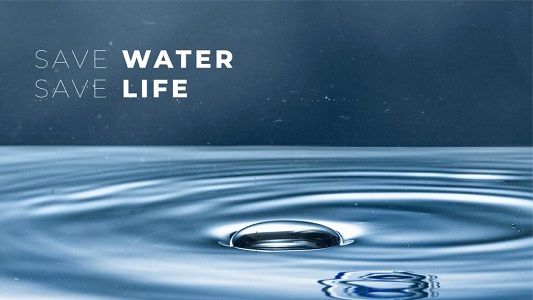
Water is one of the most essential ingredients for life on planet earth. Many cities and towns in India are water-stressed, aggravated by expanding population and rapid urbanisation. Many rural areas struggle to get access to clean water. The brunt of this is borne by womenfolk and children. If we do not act immediately to conserve water, we would be faced with an impending water crisis.
Are you plagued by any of these questions on water?
- Why do we have flooding every rainy season? What are effective ways to control floods?
- In spite of good rains and frequent flooding, why don’t we have sufficient water throughout the year?
- Why is municipal water supply erratic? What are the ways to store water?
- Why do we have to depend on tankers in the summer months?
- Why are the prices of tankers going up every year?
- Why has the borewell gone dry?
- Why do we have to dig a new borewell much deeper than before?
- Will I get water even after digging that deeper borewell?
- Why is bore water turning brackish or hard?
I’m sure you have encountered these questions at one point or another, especially when there is a water crisis. Once the crisis is resolved temporarily, you may have then forgotten about it, till the next crisis hits you.
Water is fundamental for life on this planet. It is essential for the survival of every living creature on this earth. Water has played a central role in our civilisation for ages. All major settlements were built around water bodies. Our villages and communities were planned and built as societies that effectively managed their water resources.
I remember our ancestral home in a small village in Kerala which was designed for effective water management. Each house had an open courtyard which acted as a percolation bed for rainwater harvesting. All the rainwater runoffs from the sloping roofs were directed through gutters directly into the open well or into the ground in this open courtyard. This recharged the wells. The excess runoff percolated into the ground through sandy soil through a system of bunds and channels. This in turn recharged the village temple pond, which was maintained clean by freshwater fish and ensuring no sewage was discharged into the pond. All the greywater from bathrooms, sinks, and basins was channeled into the backyard garden to coconut trees, fruit trees like mango, sapota, guava, jackfruit, and vegetable patches through sandy percolating beds and bunds. Toilet water went into the septic tank which was cleared periodically. The whole system used to work in tandem and the village was self-sufficient in water even during the dry summer months.
Similarly, Rajasthan and Kutch had a system of Bavadis, Johads, and Taankas. Every region of India had suitable systems for water conservation and management, depending on their respective climatic conditions, topography, and resources. It is a sad state of affairs, that many of these techniques are slowly ignored and forgotten, with the advent of imported ideas, modern infrastructure, piped water, sewage, new buildings, and amenities.
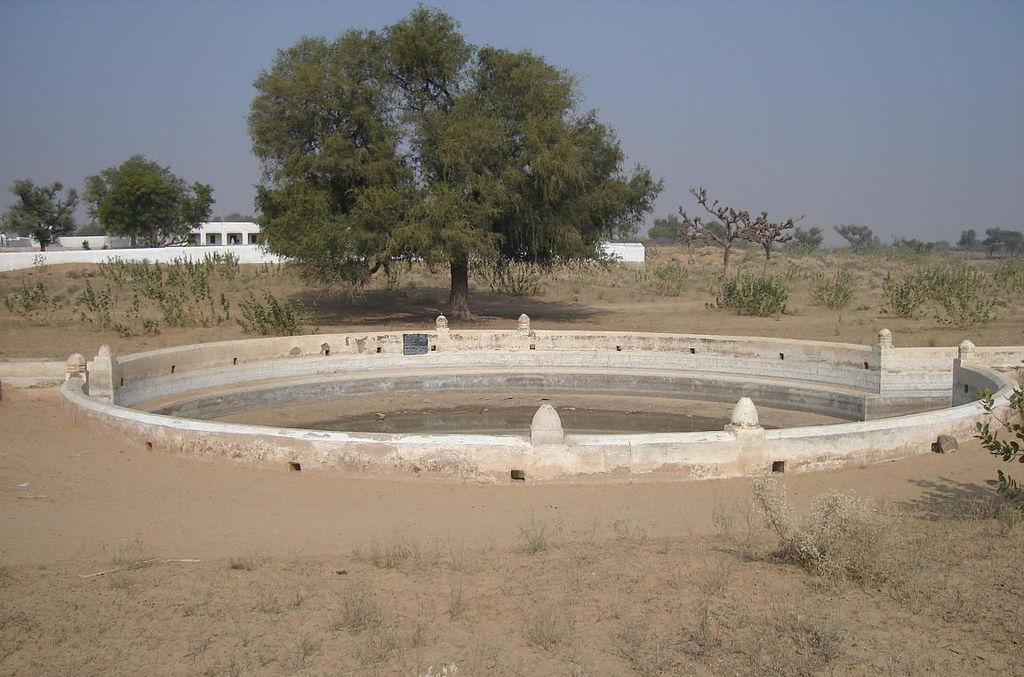
Over the years we have misused and mismanaged the precious resource water with the belief that we have an abundant supply. Humans have destroyed countless lakes and ponds in the greed for land. We have polluted the water bodies by dumping our untreated sewage, industrial wastes, and garbage. We are extracting groundwater at an alarming rate without adequate replenishment which is leading to depleting groundwater levels. By covering the land with concrete, and by cutting down trees and forests which help the soil retain water, we have messed up the groundwater replenishment cycle. The ineptitude of civic bodies, the indifference of the people, the dereliction of industries, and the local water mafias compound the problem. This is a crisis brewing for a long time, which can blow up into disasters like the one witnessed by the Day Zero event when Cape Town in South Africa ran out of water for municipal supply in 2018. Latur in the Maharashtra state of India faced a similar situation in 2019, and water had to be sent by railway tankers. Around 20+ cities in India including major cities like Chennai, Bangalore, Delhi, Hyderabad are close to their own Zero Day. It is imperative that we take immediate steps across the country to conserve water.
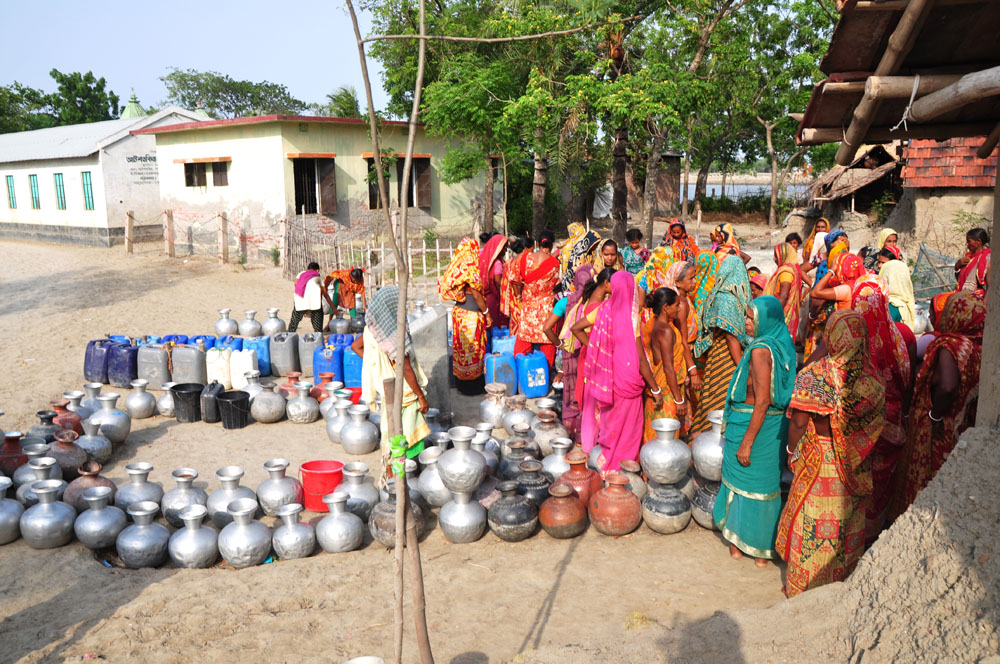
What can we do about the water crisis?
Decentralized solutions at the individual, household, and community level and not just centralized big-ticket investment and solutions hold the key to our water and waste management problems. We have to become self-reliant in water by adopting the broad 4 steps to conserve water.
1. The first thing every one of us can and must do is Rainwater Harvesting(RWH).
-
- Capture most of the rainwater that falls and is stored for later use, locally across the cities, towns, and villages through effective Rainwater Harvesting(RWH) techniques.
- Incorporate systems to store this water and/or channel the water into our ground.
- Use pervious concrete or permeable tiles for pavement applications like building compound flooring, walkways, driveways, pavements, parking lots, residential roads, and internal roads where underneath soil can soak up the rainwater.
- Use recharge pits, dug wells, tube wells, and inverse borewells to recharge groundwater to maximize the recharge depending on the location and soil topography.
2. Recycle the used water effectively to minimize the use of freshwater and conserve water.
-
- Separate greywater and kitchen water from sewage/black water at source and recycle respective streams separately.
- Use recycled water for flushing and watering landscapes.
- Install Sewage Treatment Plants(STPs) or Decentralized Wastewater Treatment System(DEWATS) in communities, to ensure that untreated sewage or black water is not released into our municipal sewage system.
3. Be vigilant. Protect, save and restore our water bodies – wells, ponds, lakes, rivers, reservoirs.
-
- Join hands to stop the inflow of sewage, industrial waste, and garbage into our water bodies.
- Join hands to prevent politicians, builders, and local bodies from landfilling and destroying water bodies in the name of development.
- Recharge our water bodies through old water networks.
- Plant more trees. Create forests in small patches of open land.
4. Conserve water available for our use daily by adopting simple conservation techniques.
-
- Reduce waste through flow reducers and aerators.
- Use water in a mug for shaving or brushing. Do not leave the tap water running while shaving or brushing.
- Avoid long showers, bathtubs, or jacuzzis. Use a bucket for bathing.
- Avoid daily use of water for cleaning cars, yards, and buildings.
- Use recycled water for landscaping and flushing toilets.
- Use drip irrigation for farming, landscaping, and gardens.
- Fix all leaks in faucets and pipes.
- Keep the taps closed tightly when not in use
- Fix automatic cutoffs for water tanks to prevent overflow.
- Stop buying bottled water. Use water filters to filter the local water supply.
Do not wait for others. Act now before it is too late. Galvanize your family and communities to act.
Featured Image Credit: Save Water, Save Life Image by rawpixel.com
Follow the link to learn more about Rainwater Harvesting and how it can help mitigate the water crisis.
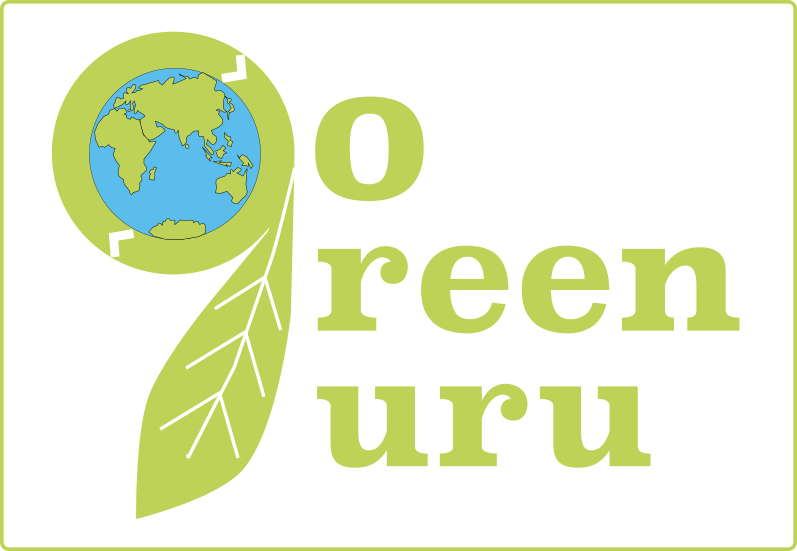
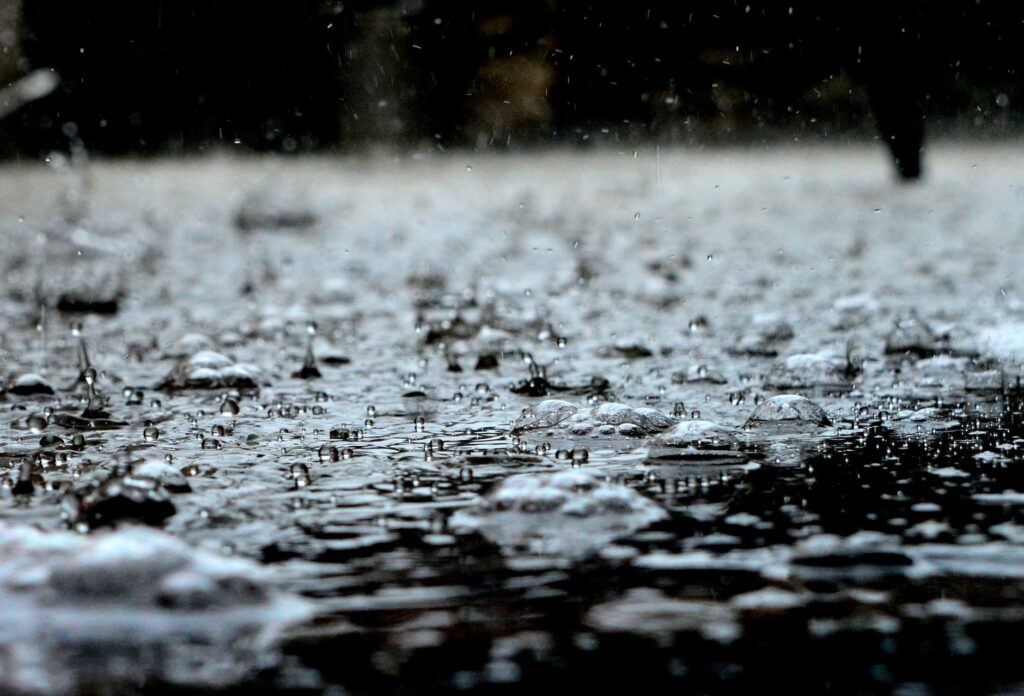

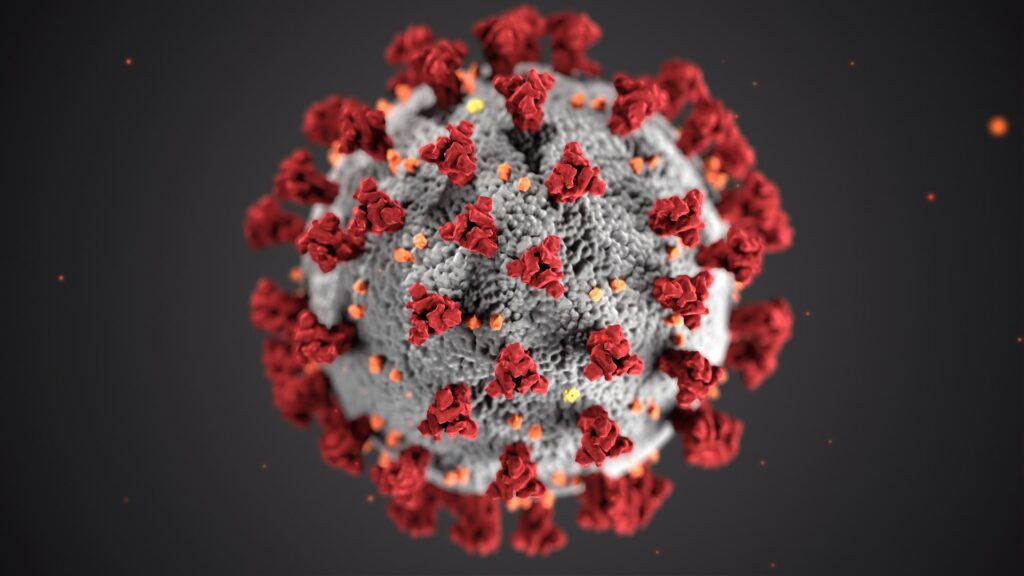

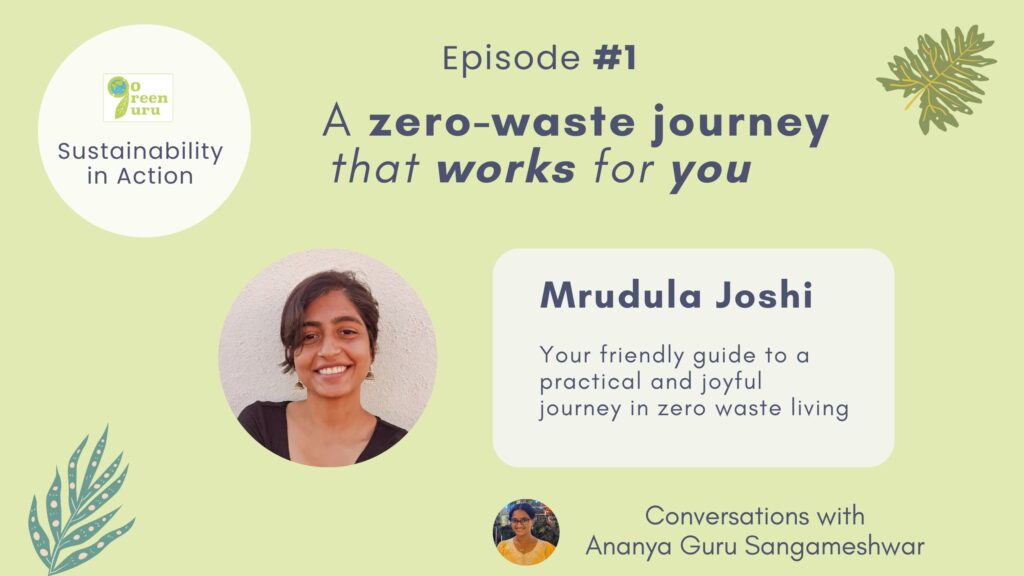
Responses